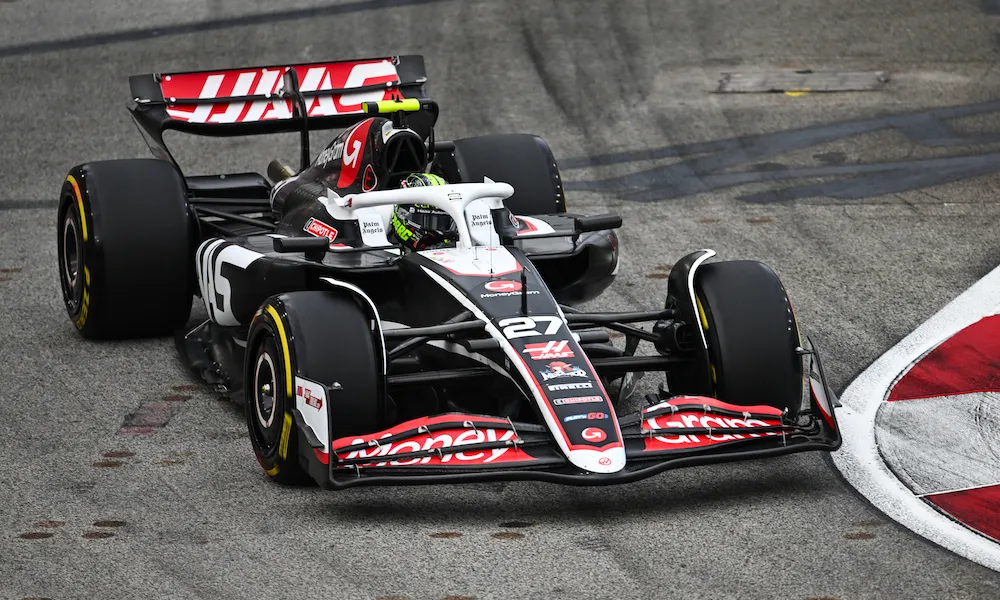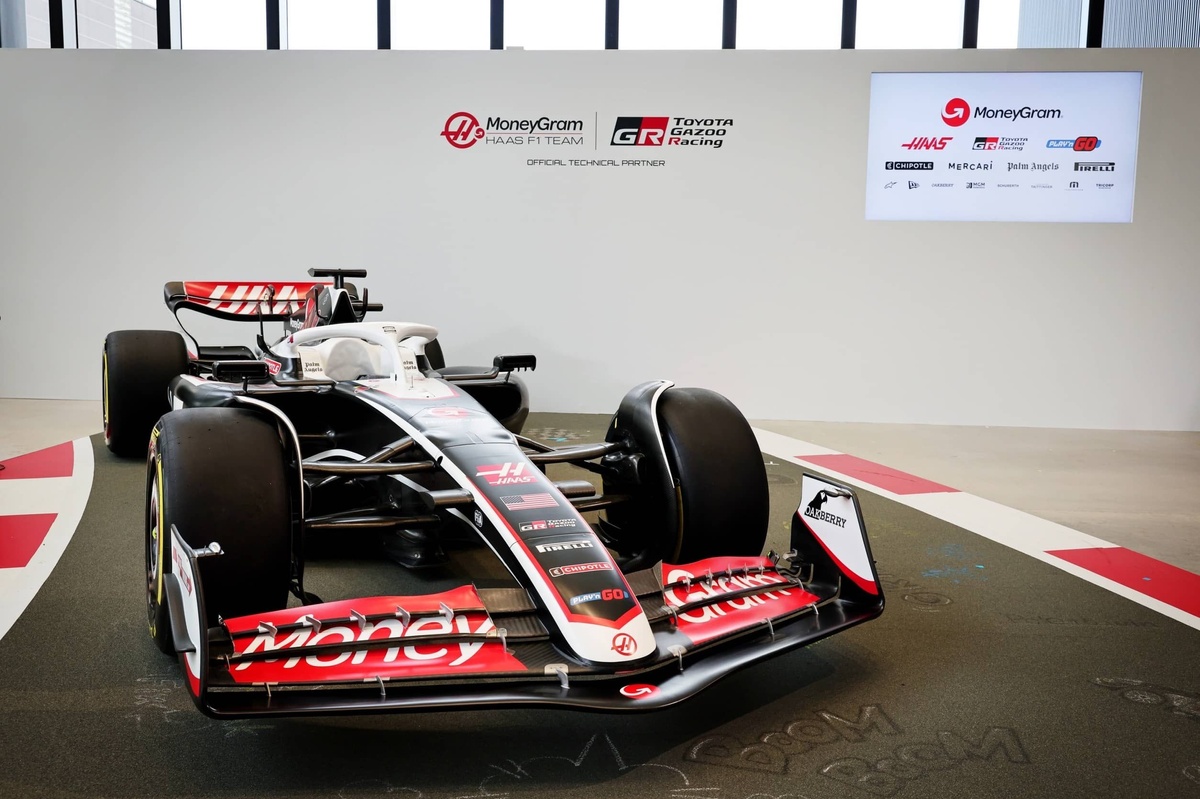The recent partnership between Toyota and the Haas Formula 1 team has sparked considerable interest regarding the possibility of a factory-backed Toyota team returning to the sport. Historically, Toyota’s involvement in Formula 1 was marked by numerous disappointments, ultimately leading to its exit in 2009. This exit is often viewed as a failure, characterized by high expectations that were never met due to internal mismanagement and external pressures.
During its initial stint in Formula 1, Toyota had the potential to excel, equipped with a substantial budget, talented drivers like Ralf Schumacher and Jarno Trulli, and the technical expertise of engineers such as Mike Gascoyne. Despite these advantages, the team struggled to achieve competitive results, leading to frustration among executives. Frequent changes in team structure and strategy resulted in instability, contributing to the team’s overall lack of performance.
Upon leaving Formula 1, Toyota’s record was disappointing, with no race wins, only 13 podium finishes, and three pole positions over 140 races. The decision to withdraw was influenced by the global financial crisis of 2009, compounded by an ongoing lack of competitiveness. However, the announcement of a new technical partnership with Haas signifies a fresh opportunity for Toyota in Formula 1, one that could lead to different outcomes than before.
This partnership is not merely superficial; it involves a substantial commitment from Toyota to contribute its manufacturing, design, and technical expertise to Haas. The collaboration also includes a driver development program, showcasing a commitment to nurturing talent and potentially reshaping the team’s future. This arrangement draws inspiration from Alfa Romeo’s collaboration with Sauber, which provided branding and technical support without establishing a fully operational team presence.
Haas, which currently sources components from Ferrari, stands to benefit significantly from Toyota’s advanced engineering capabilities, particularly in aerodynamics and carbon-fiber production. Toyota’s experience in other racing series such as the World Endurance Championship and World Rally Championship will be valuable, although it will need to adapt to the unique challenges posed by Formula 1 car design and performance.

One intriguing aspect of the Toyota-Haas partnership is the integration of Toyota engineers into Haas’ operations. This collaboration allows for the sharing of expertise in aerodynamics and data analysis, creating a more synergistic working environment.
By placing its engineers within Haas, Toyota can gain practical experience in Formula 1 while actively contributing to the team’s development efforts. This level of integration suggests that Toyota is adopting a serious approach to its involvement in the sport, marking a departure from traditional sponsorship arrangements.
However, the prospect of a full factory return hinges on several challenges, especially the need for a competitive power unit. Toyota has indicated that it currently has no plans to develop a new V6 turbo hybrid engine, which presents a significant obstacle to any ambitions of establishing a factory team.
The complexities involved in creating a competitive power unit require extensive research and development, which would take years to accomplish. Consequently, any realistic plans for a full comeback may not materialize until 2028 at the earliest.
During the announcement of the partnership, Toyota Chairman Akio Toyoda emphasized the need to manage expectations regarding a complete return to Formula 1. He stressed that the focus should be on inspiring future generations rather than rushing into a full-fledged return. Toyoda’s reflections on the company’s past exit reveal a more thoughtful and cautious approach toward engaging in the sport again.
The current structure of Toyota, particularly within its racing division, is vastly different from the corporate-heavy environment that existed during its previous F1 tenure. The racing division now operates with greater autonomy, allowing for faster decision-making and a more adaptable approach to the challenges of competitive racing. This newfound flexibility positions Toyota to better respond to the demands of Formula 1 while learning from the missteps of its past.
While the idea of a factory-backed Toyota team returning to Formula 1 is exciting, the realities surrounding engine development and team strategy suggest that such a move is not imminent. As Toyota and Haas initiate this new partnership, the upcoming seasons will be critical for assessing the impact of their collaboration.
The integration of Toyota’s expertise within Haas could lead to improved performance and increased competitiveness, making the next few years an important phase for both entities as they navigate their futures in Formula 1.

